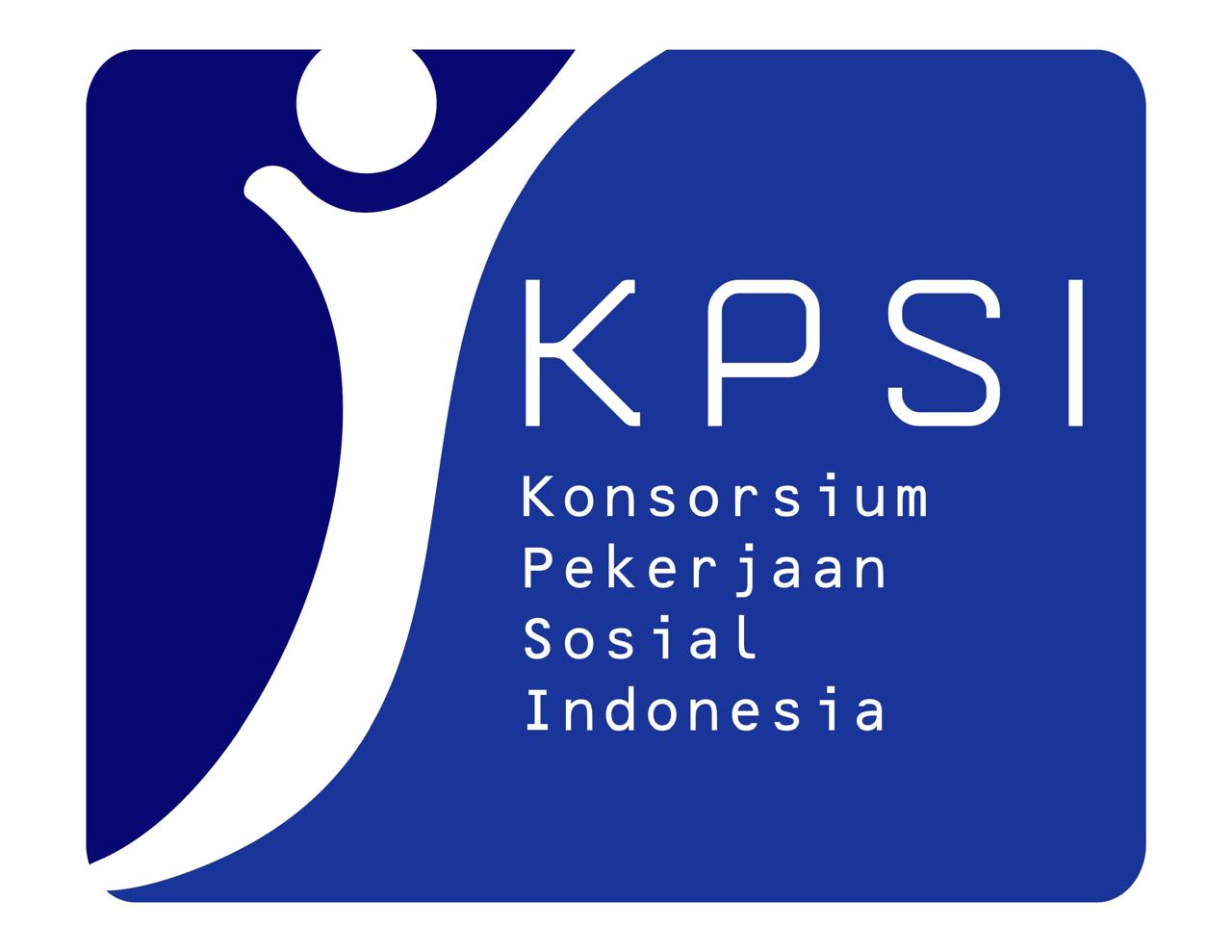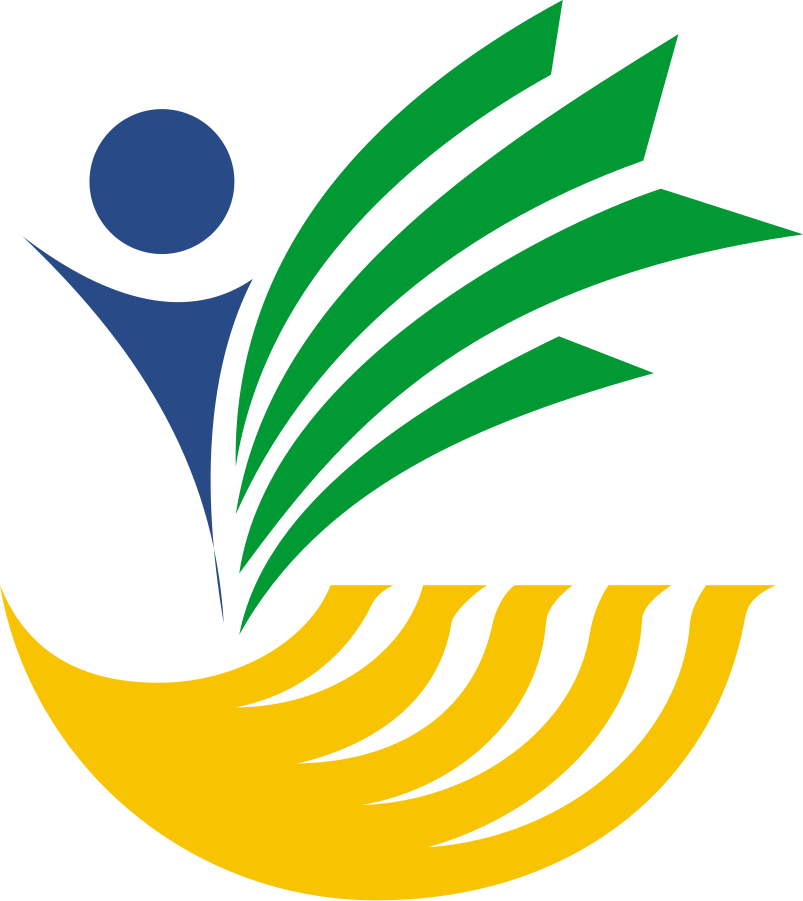Exploring the Needs of Female Afghan Migrants Living in Japan
DOI:
https://doi.org/10.58671/aswj.v10i2.28Keywords:
Migration and wellbeing, local migration policies, resettlement experiences, women’s empowermentAbstract
This paper explores the needs of Afghan women living in Chiba, Japan through participatory observation, a co-organized health seminar, and in-depth interviews with Afghan women and relevant stakeholders.It became clear that the women's needs were mainly related to finding their place in Japanese society, such as making Japanese friends and having paid jobs, and acquiring the tools to go to places such as hospitals and city halls by themselves. Here, the Japanese language skills often seemed to be at the root.Iconclude that the Japanese government and the local municipality fail in providing systematic support to meet the needs of Afghan women, and that they rely too much on volunteer-based organizations. Structural systems of local volunteer organizations and Japanese institutions such as hospitals contribute to the maintenance of traditional gender norms of the community, and make it difficult for women to find a place in Japanese society and to exercise their agency. The strength and drive of Afghan women andthe already established trusted relationship with Japanese channels show that there is a high potential for successful social integration of this group when appropriate support is made available, which will eventually improve their wellbeing
References
Ager, A., & Strang, A. (2008). Understanding integration: A conceptual framework. Journal of Refugee Studies, 21(2), 166–191.
Asis, E., & Carandang, R. R. (2020). The plight of migrant care workers in Japan: A qualitative study of their stressors on caregiving. Journal of Migration and Health, 1–2, 100001. https://doi.org/10.1016/j.jmh.2020.100001
Ayotte, K. J., & Husain, M. E. (2005). Securing Afghan women: Neocolonialism, epistemic violence, and the rhetoric of the veil. NWSA Journal, 112–133.
Bhandari, D., Kotera, Y., Ozaki, A., Abeysinghe, S., Kosaka, M., & Tanimoto, T. (2021). COVID-19: Challenges faced by Nepalese migrants living in Japan. BMC Public Health, 21(1), 1–14.
Chakraverty, D., Baumeister, A., Aldin, A., Seven, Ü. S., Monsef, I., Skoetz, N., Woopen, C., & Kalbe, E. (2022).
Gender differences of health literacy in persons with a migration background: A systematic review and meta-analysis. BMJ Open, 12(7), e056090. https://doi.org/10.1136/bmjopen-2021-056090
Chiba Prefecture. (2022). Number of foreigners based on the Basic Resident Register at the end of December of the first year of Reiwa. https://www.pref.chiba.lg.jp/kokusai/toukeidata/gaikokujinjumin/r01.html
Consortium for the Acceptance of Evacuees from Afghanistan (AFA). (2022). Afghanistan Evacuee Overview Survey:Summary of results. https://drive.google.com/file/d/1rleX5bawflS-xWsU57DmXy8a6_NWP8o1/view
Dadabaev, T., & Akhmedova, M. (2022). A Home Away from Home: Migration, Identity and ‘Sojourning’in the Life of Uzbekistanis in Japan. Europe-Asia Studies, 1–28.
Davies, A. A., Basten, A., & Frattini, C. (2009). Migration: A social determinant of the health of migrants. Eurohealth, 16(1), 10–12.
DeCuir-Gunby, J. T., Marshall, P. L., & McCulloch, A. W. (2011). Developing and using a codebook for the analysis of interview data: An example from a professional development research project. Field Methods, 23(2), 136–155.
Emadi, H. (2002). Struggle for recognition: Hazara Isma’ili women and their role in the public arena in Afghanistan. Asian Journal of Women’s Studies, 8(2), 76–103.
Hahn, R. A., Truman, B. I., & Williams, D. R. (2018). Civil rights as determinants of public health and racial and ethnic health equity: Health care, education, employment, and housing in the United States. SSM-Population Health, 4, 17–24.
Harrington, C. N., Borgos-Rodriguez, K., & Piper, A. M. (2019). Engaging low-income African American older adults in health discussions through community-based design workshops. 1–15.
Hernández-Plaza, S., Alonso-Morillejo, E., & Pozo-Muñoz, C. (2006). Social support interventions in migrant populations. British Journal of Social Work, 36(7), 1151–1169.
Higuchi, M., Endo, M., & Yoshino, A. (2021). Factors associated with access to health care among foreign residents living in Aichi Prefecture, Japan: Secondary data analysis. International Journal for Equity in Health, 20(1), 1–12.
Hoffmann, S., Pohl, C., & Hering, J. G. (2017). Methods and procedures of transdisciplinary knowledge integration: Empirical insights from four thematic synthesis processes. Ecology and Society, 22(1).
Immigration Services Agency of Japan. (2022). Statistics table for foreign residents. https://www.moj.go.jp/isa/policies/statistics/toukei_ichiran_touroku.html
Iqbal, N., Joyce, A., Russo, A., & Earnest, J. (2012). Resettlement experiences of Afghan Hazara female adolescents: A case study from Melbourne, Australia. International Journal of Population Research, 2012, 1–9.
Joshi, R. D. P., & Tabata, S. (2021). Barriers to Education for Migrant Children in Japan at Mainstream Schools: From a Rights-based Perspective. Journal of Human Security Studies, 10(2), 109–129.
Korekawa, Y. (2021). Residential Ethnic Segregation and Housing Issues in Various Societies. Cityscape, 23(2), 253–256.
Lange, C., Kamalkhani, Z., & Baldassar, L. (2007). Afghan Hazara refugees in Australia: Constructing Australian citizens. Social Identities, 13(1), 31–50.
Lee, S. (2020). Maternal and Child Health for Foreign Nationals in the Multicultural society of Japan.―Human Rights and Minority Health. Multicultural Social Studies, 6, 437–458.
Lupton, K. L., & O’Sullivan, P. S. (2020). How medical educators can foster equity and inclusion in their teaching: A faculty development workshop series. Academic Medicine, 95(12S), S71–S76.
Mauthner, N. S., & Doucet, A. (2003). Reflexive accounts and accounts of reflexivity in qualitative data analysis. Sociology, 37(3), 413–431.
Nishimura, A. (2016). Progress and Challenges of Medical Interpretation Systems in Japan. Journal of Immigration Policy Research, 8, 193–203.
Norimatsu, T., Kobayashi, H., & Xu, A. (2020). Exploratory Practical Research for Realizing Multicultural Coexistence in the ‘New Immigrant Era’ (1)—Knowing the Present of Multicultural Coexistence. CIEE Journal, 18, 73–88.
Ogawa, R. (2021). Chiba Outreach Field Worker Guide. Chiba Studies on Migration and Refugees. https://www.chiba-u.ac.jp/crsgc/csmr/activities/files/outreach.pdf
Radford, D. (2016). ‘Everyday otherness’–intercultural refugee encounters and everyday multiculturalism in a South Australian rural town. Journal of Ethnic and Migration Studies, 42(13), 2128–2145.
Sasaki, A., Ogawa, R., & Okawara, H. (2022). Social Work Services for Transnational Families in Japan: Transnational Social Work in the Multicultural and Integrated Community. 01(01), 12.
Shakya, P., Tanaka, M., Shibanuma, A., & Jimba, M. (2018). Nepalese migrants in Japan: What is holding them back in getting access to healthcare? PloS One, 13(9), e0203645.
Shiba, K, Itoigawa, M, Momose, Y, Hirose, K, Koike, Y, Takasaka, K, & Nagai, M. (2020). Current status and issues of medical interpreting as seen from the narratives of healthcare professionals with experience of using the Aichi Medical Interpreting System. Bulletin of Aichi Prefectural University School of Nursing, 26, 95–102.
Swain, J., & King, B. (2022). Using Informal Conversations in Qualitative Research. International Journal of Qualitative Methods, 21, 16094069221085056.
Tanaka, M. (2021). Exploring the Health Needs of Immigrant Women: A case of female Afghan migrants in Yotsukaido City. Bulletin of Department of Nursing, Sophia University, Faculty of General Human Sciences. 5, 3–11.
Van der Mark, E. (2019). Against All Odds: Exploring Wellbeing Transformation with Mothers of Disabled Children from Poor Urban Settlements in Southern Africa (Doctoral dissertation, VU Amsterdam). https://research.vu.nl/en/publications/against-all-odds-exploring-wellbeing-transformation-with-mothers-
Downloads
Published
How to Cite
Issue
Section
License
Copyright (c) 2022 Yol Nakanishi

This work is licensed under a Creative Commons Attribution-NonCommercial-ShareAlike 4.0 International License.
































